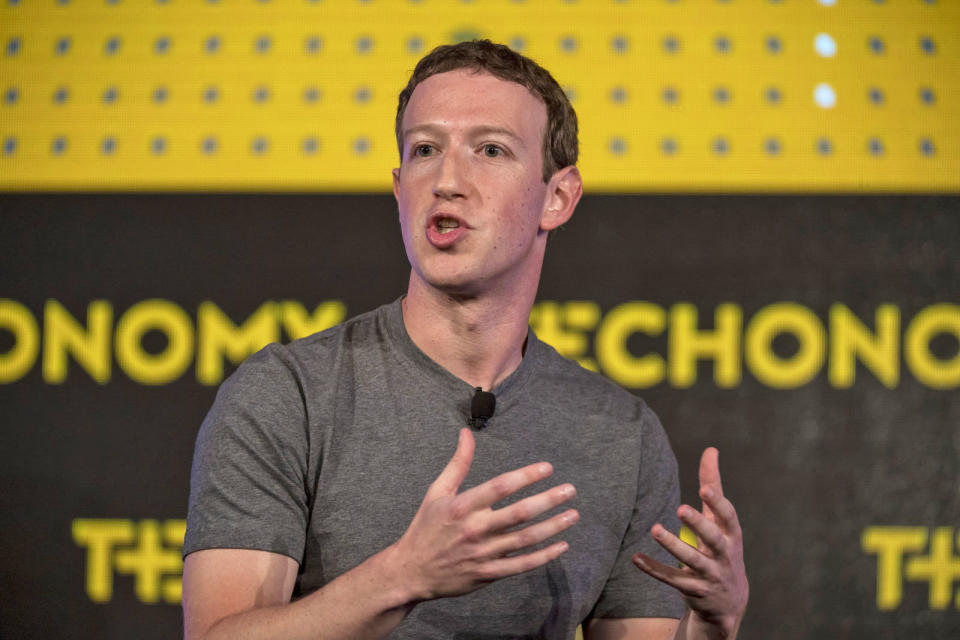Zuckerberg says Facebook didn't influence the election
According to him, it's engagement with the facts that's the real problem.

If you controlled a media publishing platform that connected to millions of people, it'd make you a pretty powerful individual. Not so, according to Mark Zuckerberg, who has come out against the notion that Facebook helped win it for Trump. TechCrunch reports that the CEO was challenged about his social network's laissez-faire policy towards stopping the flood of fake, bubble-reinforcing propaganda. He thinks that the notion that the torrent of fabricated stories "influenced the election in any way is a pretty crazy idea."
Zuckerberg believes that it's wrong to suggest that the diet of false stories, much of it generated in Macedonia, influenced things. Instead, he said that "voters make decisions based on their lived experience," and that you "don't generally go wrong when you trust that people understand what they care about." In addition, the Zuck says that the company studies fake news and analyzes how it can be improved, and feels that fake stories aren't much of a problem. In the same breath, the company is also pledging to do more to tackle fake news in the future.
The Facebook chief also said that the problem isn't to do with the news feed, or people's social networks at all, but the level of engagement. He added that "the biggest filter in the system is not that the content isn't there," but that "you just tune it out when you see it." That's at odds with what Facebook said last year, too, when it said that if you were only seeing self-reinforcing stories, its because your friend circle wasn't diverse enough.
